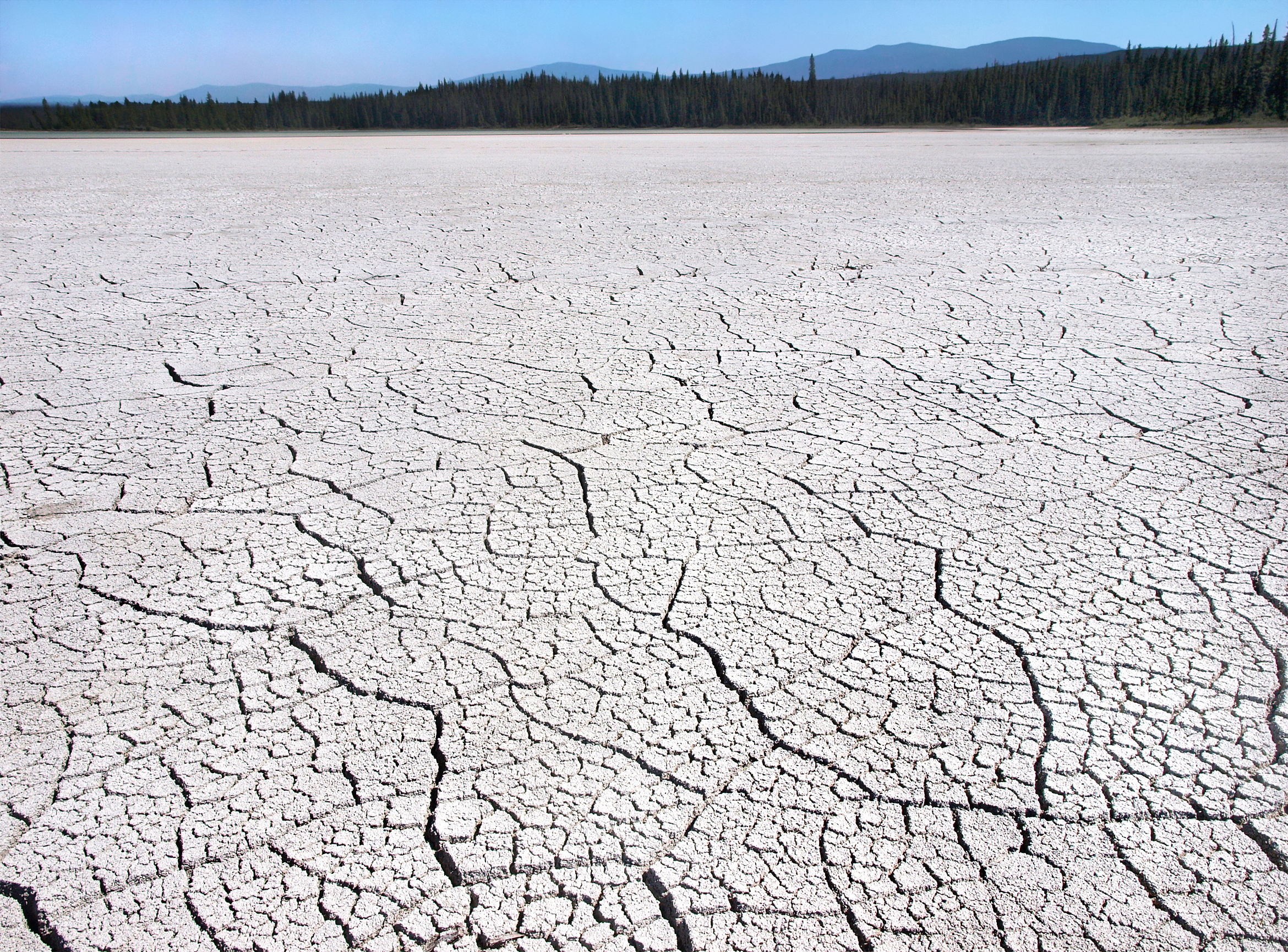
A message from Dr. Kamran Golmohammadi, FNHA Medical Officer, Environmental Health, Office of the Chief Medical Officer; and Samson Wong, FNHA Senior Manager, Environmental Public Health Services & Public Health Response
Climate change and droughts are major environmental problems worldwide, including in British Columbia (BC). As of 2025, over 85 per cent of the lands in BC have experienced extreme drought.
World Environment Day, June 5, is a good time to talk about drought, and how First Nations communities in BC are taking the lead in tackling these challenges,
First Nations communities across BC are using strategies that blend traditional knowledge and Western approaches. These strategies are community-driven and Nation-based, providing First Nations with the tools they need to develop their own drought resilience planning.
Drought resilience means taking steps ahead of time to make sure communities are better prepared for drought, rather than dealing with emergencies as they happen. This involves strategies such as protecting the environment by sustainable land-use practices and enhancing water management.
The First Nations Health Authority's Climate Health Action Program supports a variety of community-driven initiatives across BC to address the impacts of climate change on the health and well-being of First Nations. These projects support First Nations communities to address a wide range of environmental changes and events—including droughts.
For example, Kitselas First Nation conducted its first climate change risk assessment to better understand and address health and environmental risks affecting its members. Community members shared concerns regarding floods, droughts, and heatwaves, and particularly the impacts these events have on traditional foods like salmon. The Kitselas Lands and Resource department has published articles to build awareness about the initiative and are conducting assessments of the health of the local watershed.
Another example is the Kanaka Bar Food Self-Sufficiency Project, which has applied a climate lens to inform the design of community food forests, orchards, and pasture lands. This included planting a diversity of crops at different times throughout the year to learn which are most resilient to changing weather patterns like increased drought and high temperatures. They have also invested in irrigation systems that use less water.
Integrating First Nations knowledge with Western science creates a more comprehensive and holistic approach. Combining lived experience and traditional knowledge with data and technology supports stronger, more adaptive solutions. First Nations knowledge can offer understanding of local ecosystems that are essential for identifying and managing drought impacts.
First Nations' traditional stewardship practices, such as sustainable water and land management, have maintained ecosystem balance and biodiversity for hundreds of years, demonstrating proven resilience to environmental change.
The FNHA is committed to building strong partnerships that bring together First Nations knowledge and Western science. Working together on things like watershed management helps create better, more meaningful, and lasting solutions to drought that respect First Nations culture and values. It is also important to recognize and uphold First Nations' rights to water, land, and resources. Making decisions together and respecting Indigenous ways of managing water must be central to how we handle drought in BC.
Resources:

